D-Day is often remembered as one of the most pivotal moments of World War II, with countless soldiers storming the beaches of Normandy. While many famous figures are associated with the military leaders or major politicians of the time, there’s a surprising number of well-known personalities who found themselves involved in the fight on the front lines. These individuals, some of whom are household names, put their fame aside to answer the call of duty during one of history’s most significant battles.
From actors to future presidents, the list of famous people who fought on D-Day might just surprise you. Their stories, though lesser-known, show that heroism came from all walks of life, and even those with established careers in entertainment, sports, or public service didn’t hesitate to serve. This glimpse into the diverse group of people who played a role in this historic event is a reminder of the depth of commitment and sacrifice during that critical moment in history.
Alec Guinness
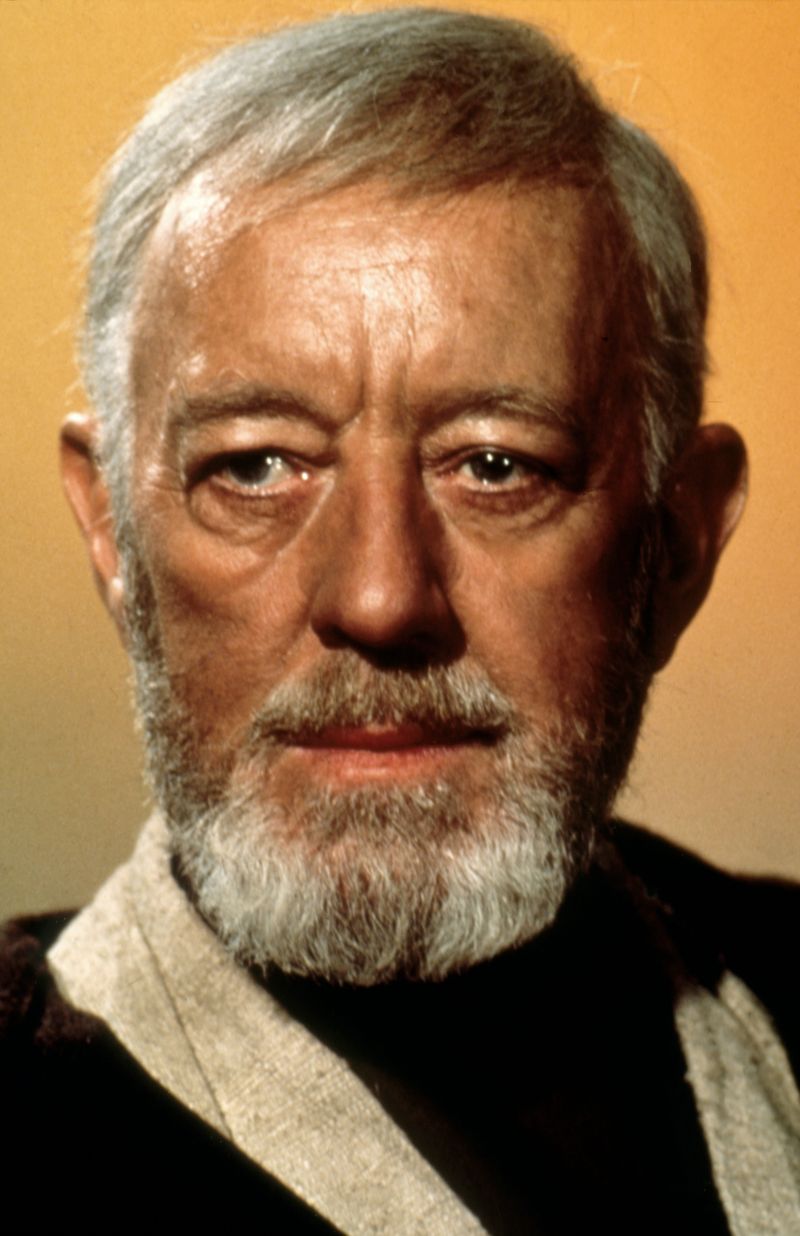
Alec Guinness, before becoming an Oscar-winning actor, served in the Royal Navy during World War II. On D-Day, he participated as a landing craft officer, responsible for transporting troops to the beaches of Normandy. This experience profoundly impacted him, providing a deep understanding of duty and bravery.
Guinness’s naval service honed his leadership skills, which later translated into his commanding on-screen presence. Despite the intense circumstances of war, he maintained his characteristic wit, often entertaining his fellow servicemen. His time in the navy was a significant chapter in a life that witnessed remarkable transformations.
David Niven
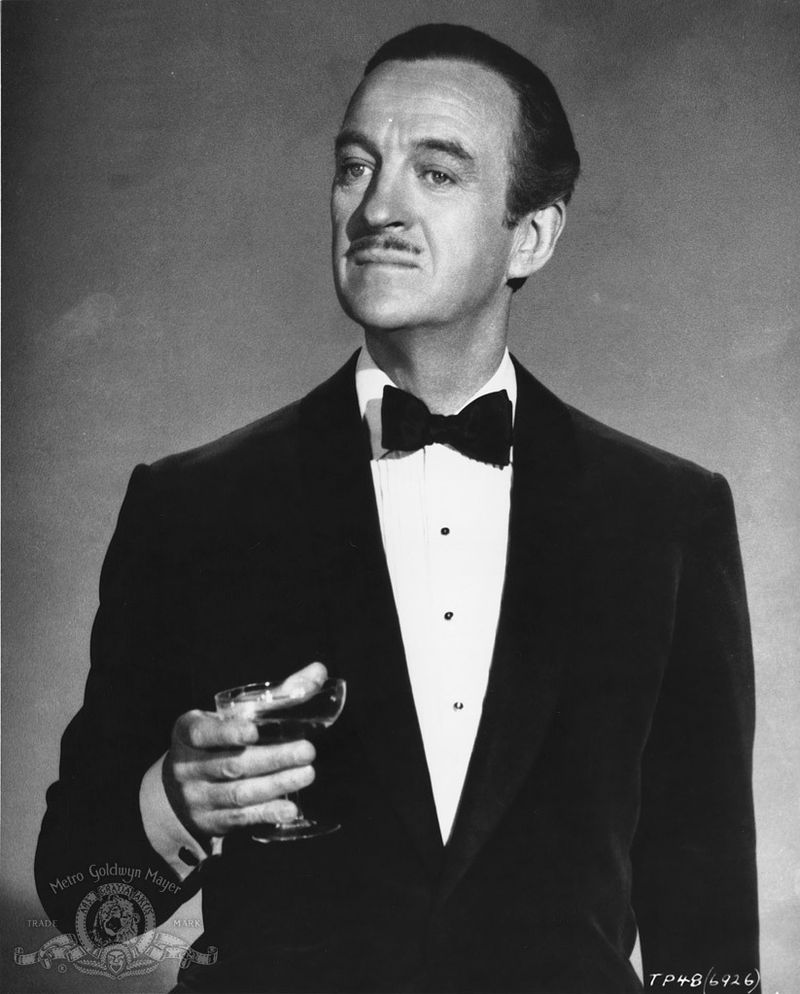
Before gaining fame in Hollywood, David Niven was an accomplished British Army officer. During D-Day, he was part of the Phantom Signals Unit, which played a crucial role in relaying information. His military service is a testament to his dedication and versatility, qualities that later defined his acting career.
Niven’s experiences during the war added depth to his performances, as he drew from real-life bravery and camaraderie. Known for his charm, he balanced serious duties with an enduring sense of humor, making him a respected and admired figure both on and off the battlefield.
J.D. Salinger
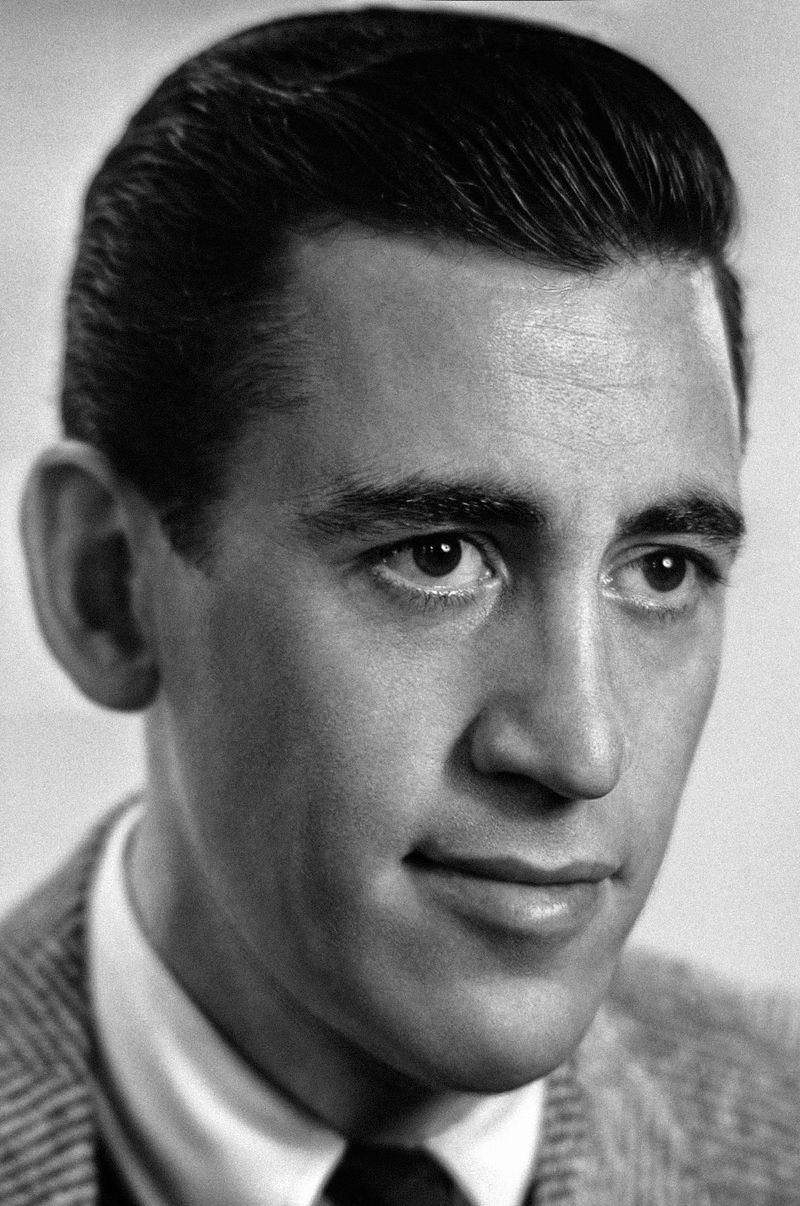
J.D. Salinger, author of “The Catcher in the Rye,” served as an intelligence officer on D-Day. His role involved interrogating prisoners, a task that demanded emotional resilience and analytical skills. These experiences influenced his later writings, providing a gritty realism and depth to his characters.
Salinger’s time in France exposed him to the brutal realities of war, shaping his worldview and literary voice. The themes of alienation and trauma in his work reflect his wartime encounters, making his stories resonate with authenticity and emotional honesty.
Henry Fonda
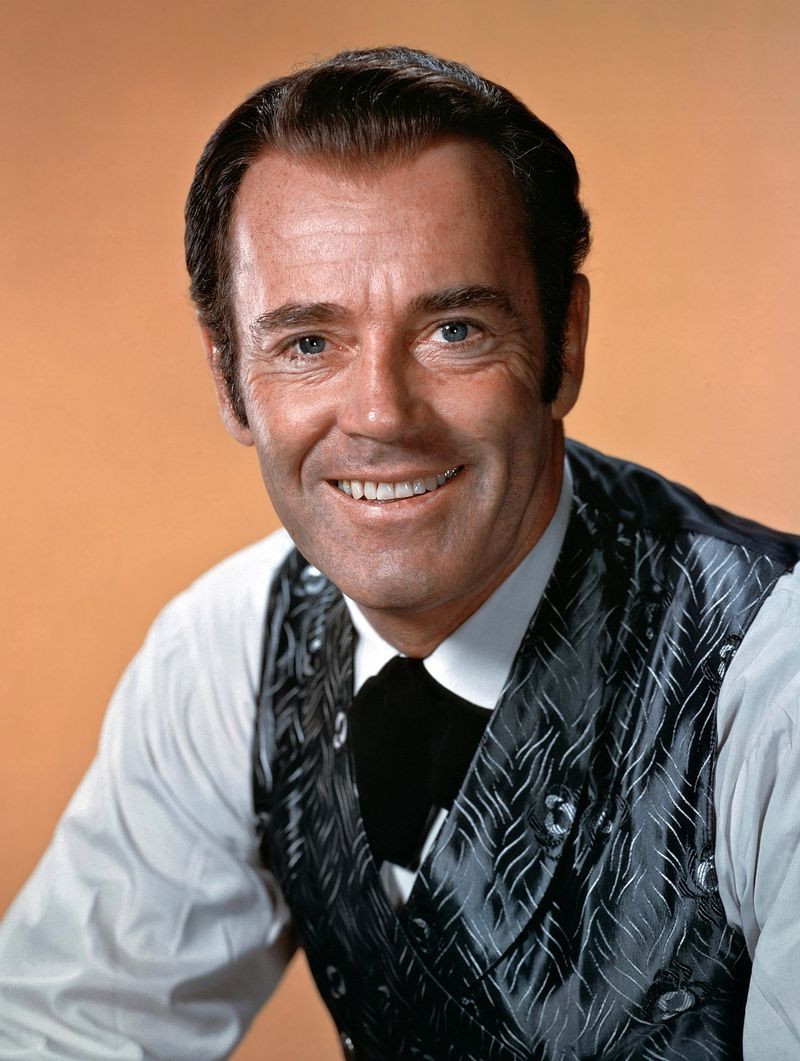
Henry Fonda, celebrated for his roles in American cinema, served in the U.S. Navy during D-Day as a Quartermaster Third Class. His duties included navigation and ensuring the safe passage of vessels. This role demanded precision and calm under pressure, qualities that Fonda exemplified both in service and on screen.
Fonda’s wartime experiences deepened his understanding of discipline and sacrifice, enriching his portrayals of complex characters. His commitment to service mirrored his dedication to his craft, making him an enduring figure in both military and cinematic history.
James Doohan
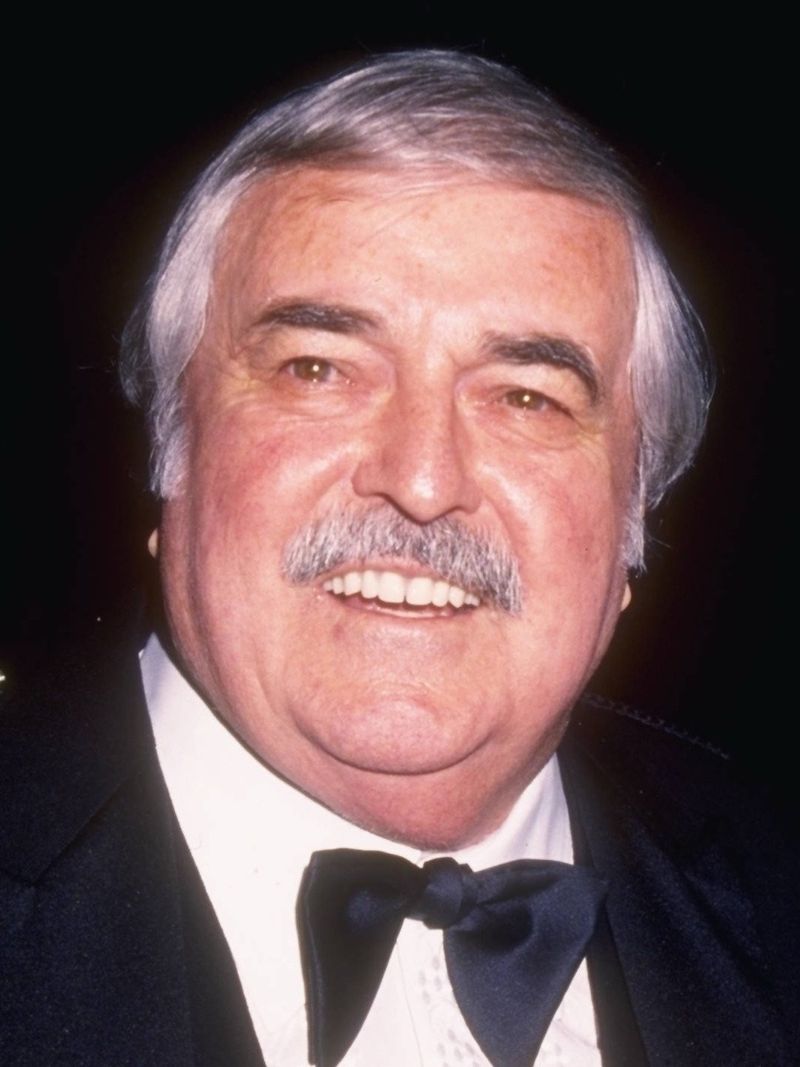
James Doohan, before becoming famous as Scotty on “Star Trek,” fought bravely on D-Day with the Royal Canadian Artillery. He landed on Juno Beach, where he displayed remarkable courage and resourcefulness. His wartime experiences were physically impactful—he was wounded multiple times, losing a finger in combat.
Despite these challenges, Doohan persevered, embodying the resilience he would later bring to his beloved TV character. His service on D-Day provided him with a profound perspective on survival and teamwork, themes that would resonate throughout his acting career.
Charles Durning
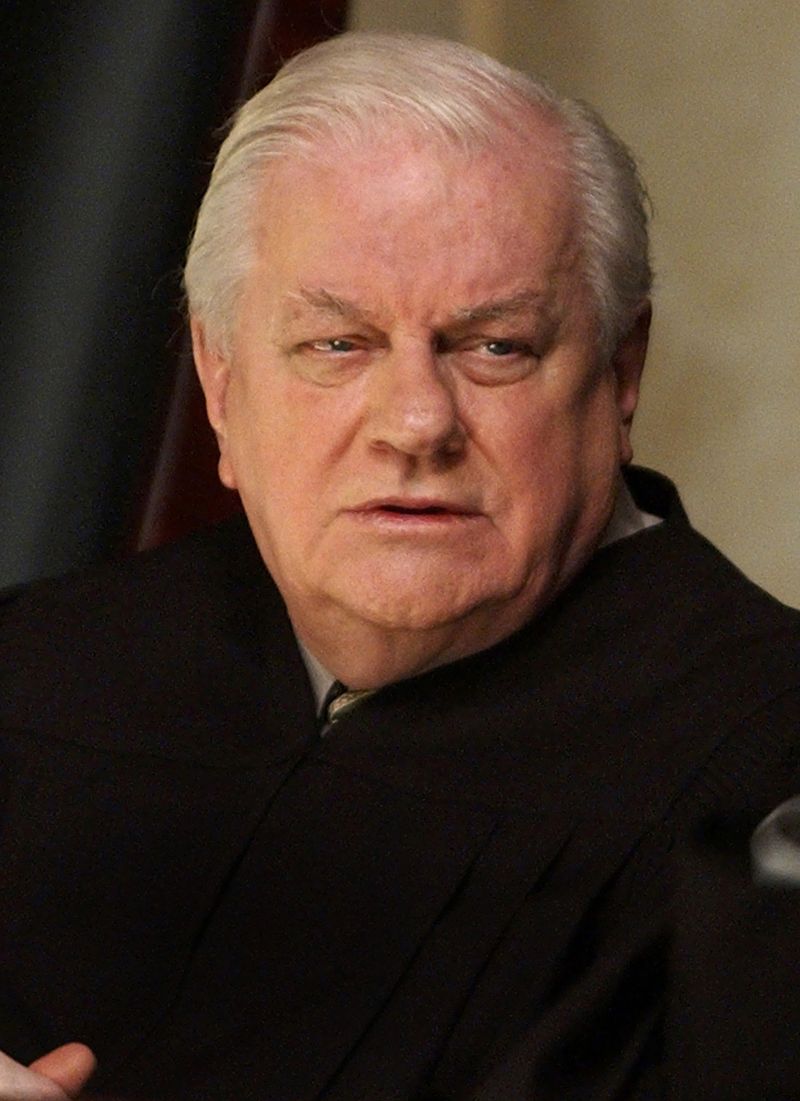
Charles Durning, a respected character actor, served valiantly in the U.S. Army during D-Day. His role involved clearing mines and engaging in frontline combat, tasks fraught with danger. These experiences left a lasting impression, influencing his future roles with authenticity and gravitas.
Durning received several commendations for his bravery, reflecting his resilience and dedication. The harrowing experiences of the battlefield imbued his performances with a unique intensity, making him a beloved and respected figure in American cinema. His contributions to both the military and the arts remain deeply valued.
Yogi Berra
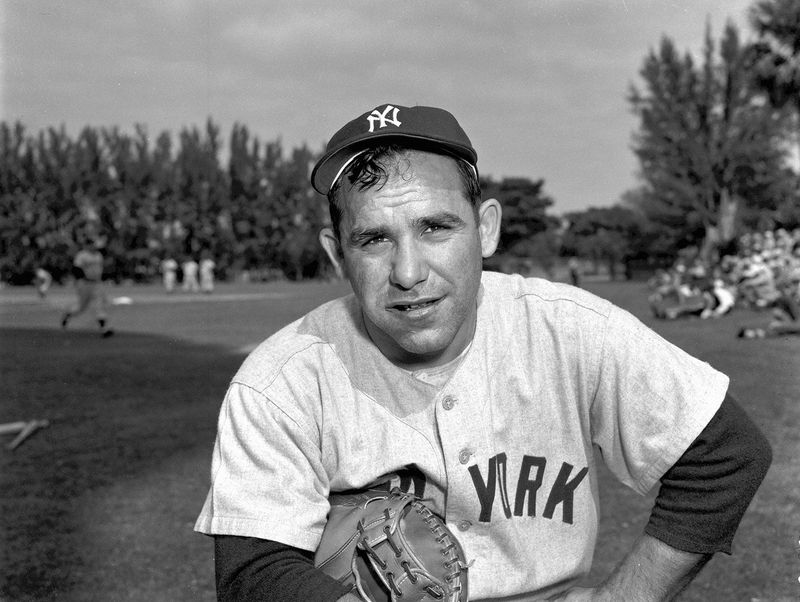
Yogi Berra, the legendary baseball player, served in the U.S. Navy during D-Day as a gunner’s mate. He was part of the crew on a rocket boat that supported the landings on Omaha Beach. His youthful courage and optimism were evident as he faced the challenges of wartime.
Berra’s experiences in the military taught him invaluable lessons about teamwork and perseverance, qualities that he carried into his baseball career. His service on D-Day remains a lesser-known but significant chapter in the life of this American icon, highlighting his diverse talents and dedication.
Kurt Vonnegut
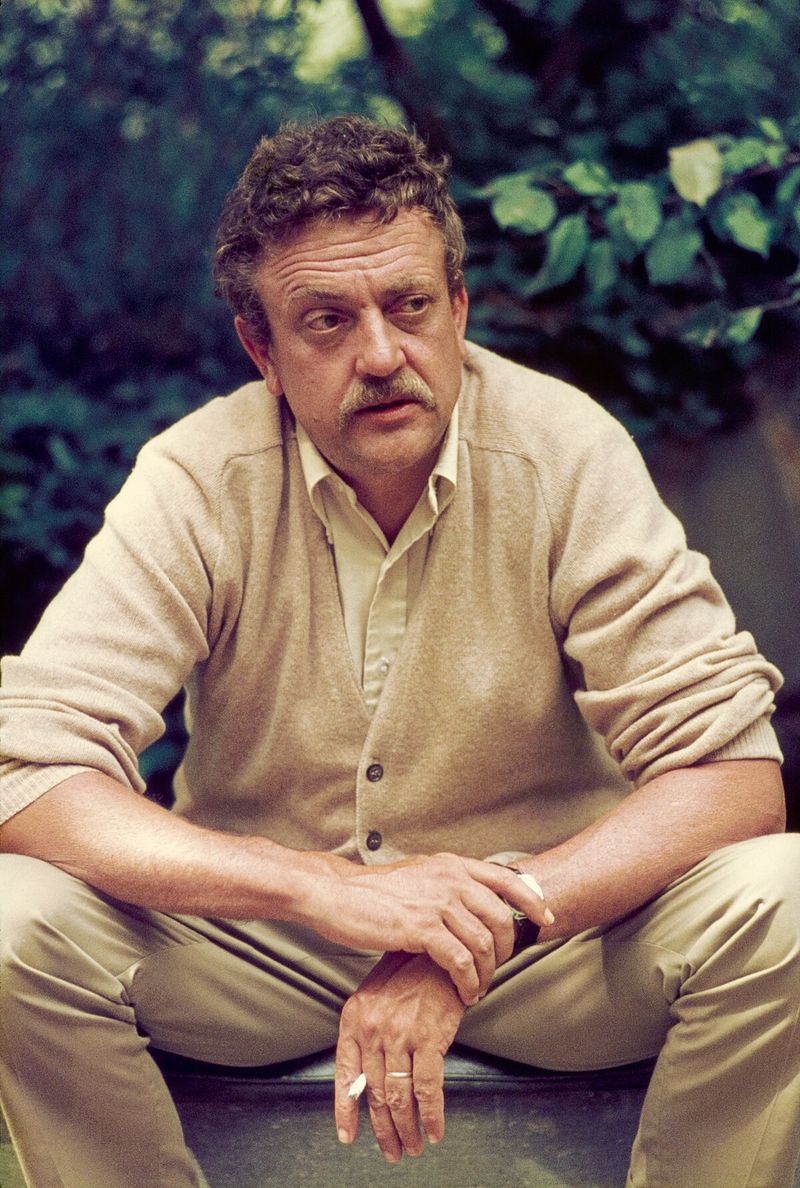
Kurt Vonnegut, renowned author of “Slaughterhouse-Five,” served in the U.S. Army during World War II. Although not present during D-Day, his experiences as a soldier in Europe profoundly influenced his writing. Captured during the Battle of the Bulge, he survived the Dresden bombing, an event central to his anti-war novel.
Vonnegut’s military service exposed him to unimaginable horrors, shaping his satirical and humanistic worldview. His experiences provided a foundation for his unique literary voice, characterized by dark humor and profound insights into human nature, enriching American literature immeasurably.
Tony Bennett
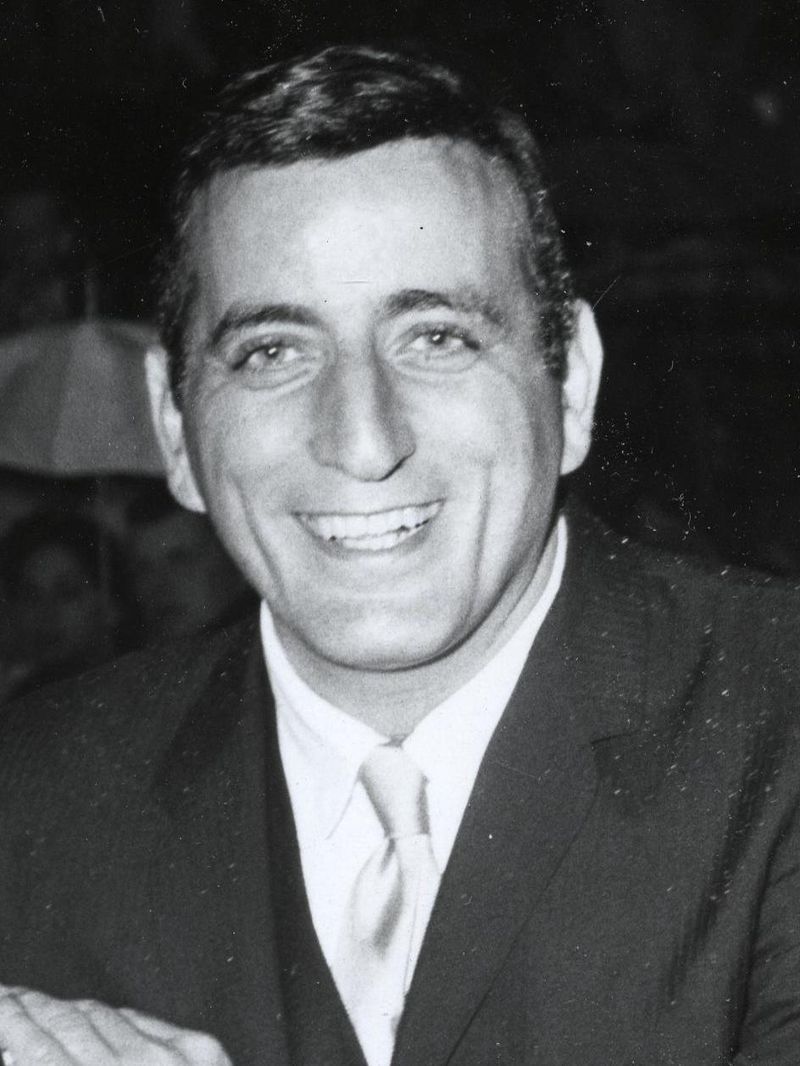
Before enchanting the world with his music, Tony Bennett served in the U.S. Army during World War II. He was part of the 63rd Infantry Division, participating in combat in Europe, although not directly on D-Day. His experiences provided a profound understanding of hardship and resilience.
Bennett’s military service influenced his music, infusing it with themes of peace and understanding. His dedication to the arts and veterans’ causes highlights his commitment to using his talents for positive change. Bennett’s life exemplifies the transformative power of perseverance and artistry.
Art Carney
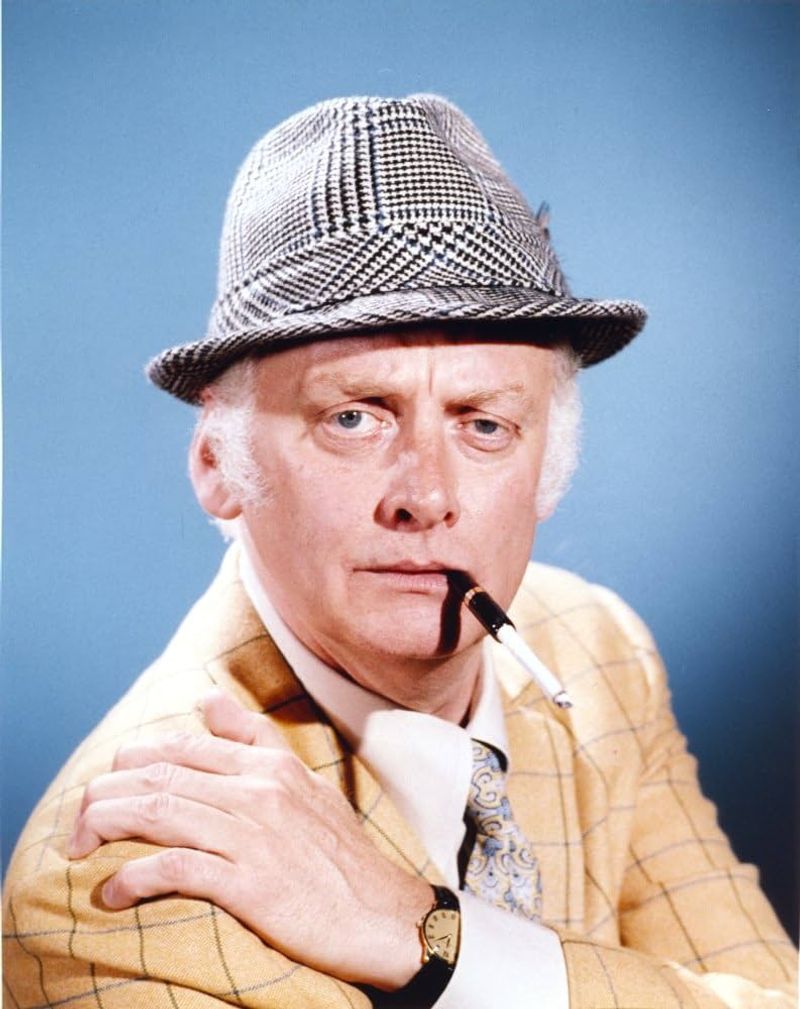
Art Carney, best known for his role on “The Honeymooners,” served in the U.S. Army during World War II, where he was injured. Although he did not fight directly on D-Day, his service in Europe exposed him to the war’s grim realities. These experiences influenced his comedic and dramatic performances.
Carney’s ability to blend humor with poignancy can be traced back to his wartime experiences, providing depth and authenticity to his roles. His service highlights the diverse paths of veterans, showcasing how the arts and military service can intersect in meaningful ways.
Leonard Nimoy
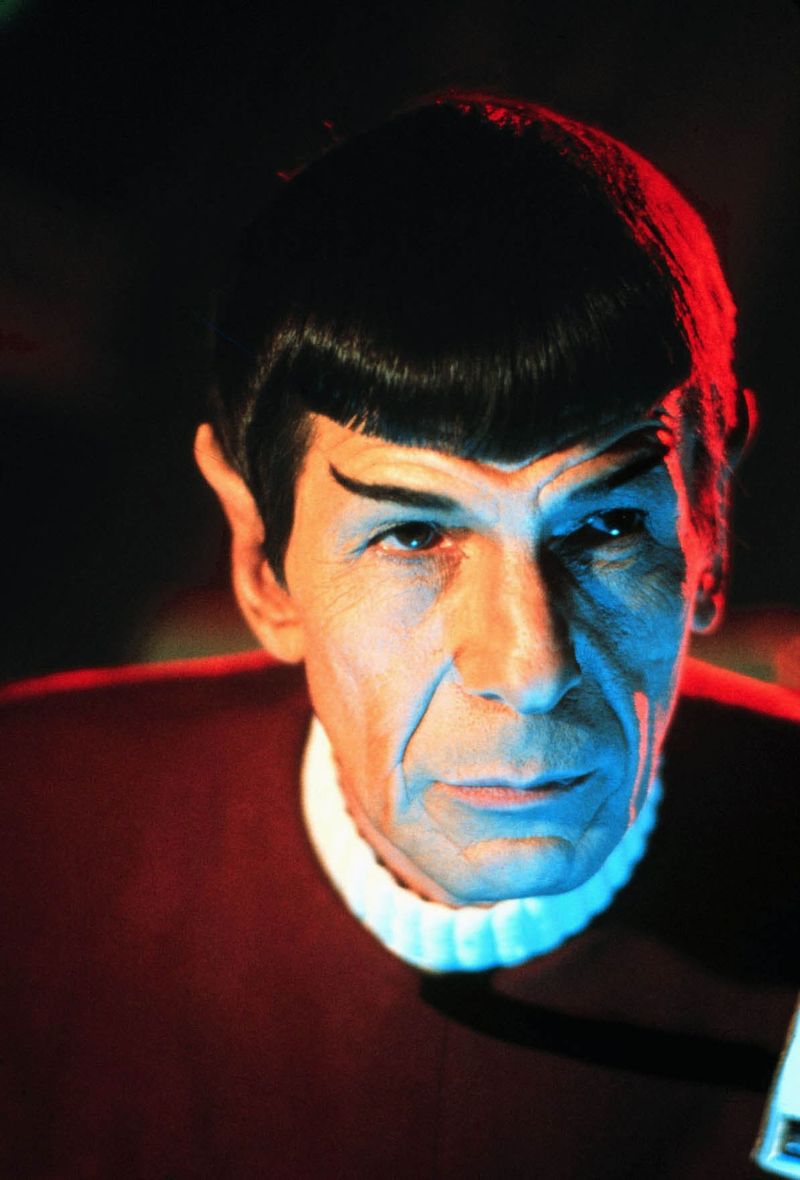
Leonard Nimoy, beloved as Spock on “Star Trek,” served in the U.S. Army Reserve during World War II. Though not directly involved in D-Day, his service contributed to the Allied efforts in Europe. His military experience instilled discipline and a global perspective.
Nimoy’s time in the service enriched his understanding of diverse cultures and human behavior, themes he later explored in his acting and photography. His dedication to service and the arts reflects a life committed to understanding and portraying the human experience, endearing him to fans worldwide.
Mel Brooks
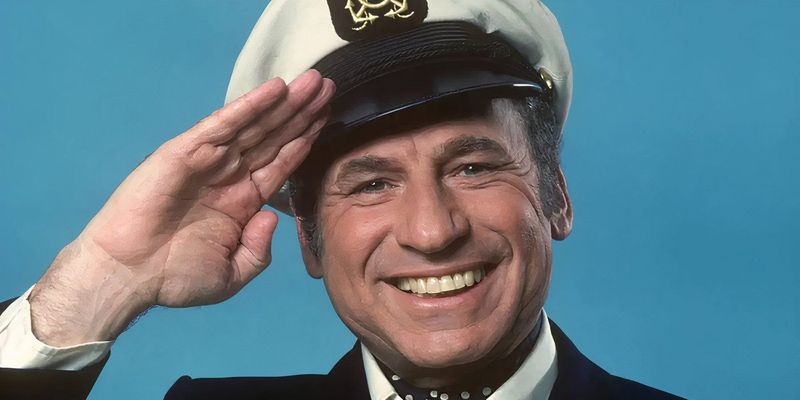
Mel Brooks, the comedic genius behind numerous classic films, served in the U.S. Army during World War II. Though not present on D-Day, his role in clearing landmines in Europe was perilous and significant. His wartime experiences informed his comedy, providing a sharp wit and perspective.
Brooks’s humor often tackles serious themes with levity, a skill honed during his service. His ability to find laughter amidst adversity is a testament to his resilience and creativity. Brooks’s contributions to comedy and culture are deeply rooted in his understanding of human nature and historical events.
Günter Grass
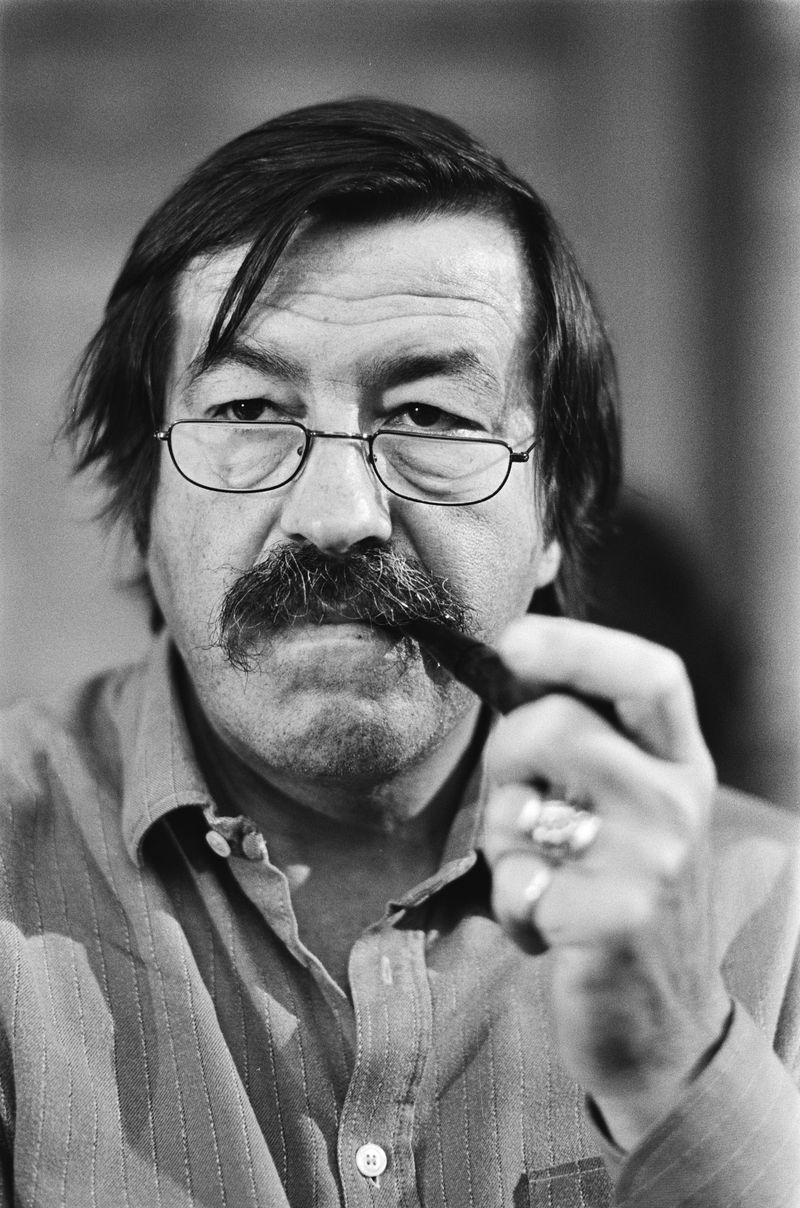
Günter Grass, the Nobel Prize-winning author, served briefly in the Waffen-SS during World War II, a fact he revealed later in life. His experiences in the war deeply influenced his writing, particularly his reflections on guilt and history. Although not involved in D-Day, his work provides insight into the German perspective of the war.
Grass’s novels often explore themes of memory and identity, drawn from his wartime service. His candid exploration of these subjects brought new depth to post-war literature, challenging readers to confront uncomfortable truths about history and humanity.
George Bush Sr.
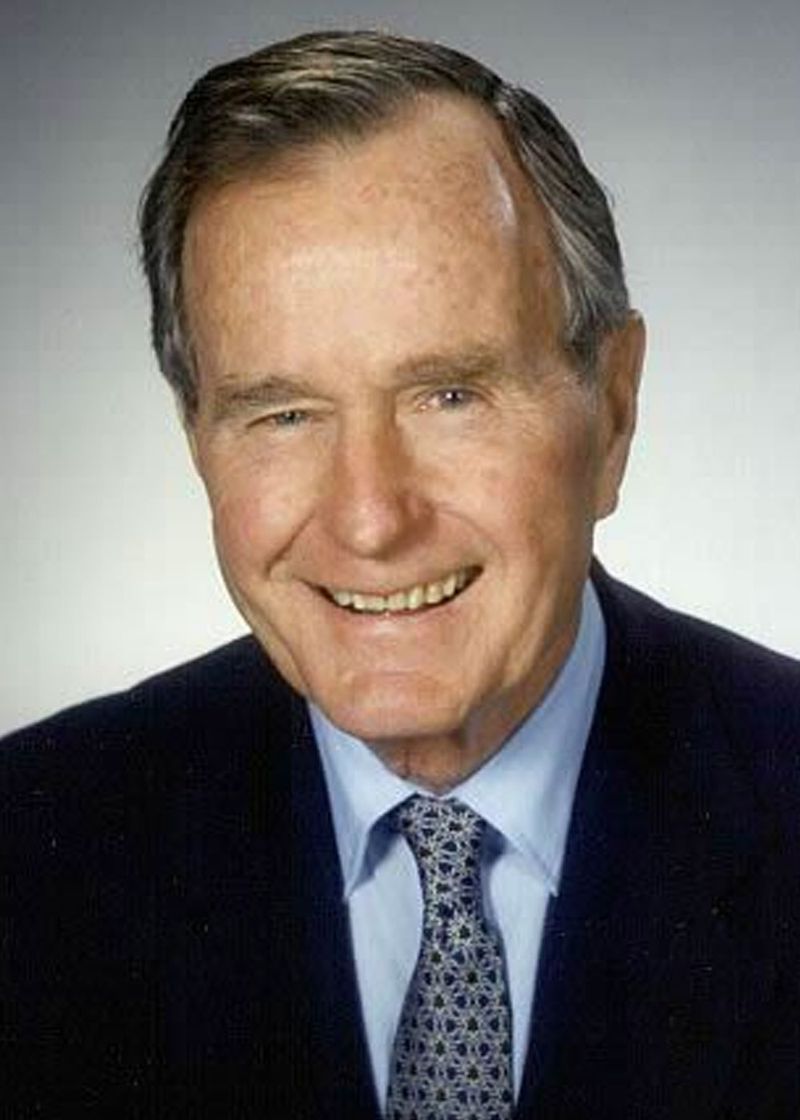
George H.W. Bush, who later became the 41st President of the United States, served as a naval aviator during World War II. Although not directly involved in D-Day, his service in the Pacific Theater was marked by bravery and leadership. Bush’s experiences as one of the youngest pilots in the Navy honed his skills and character.
These formative years instilled a sense of duty and perseverance that defined his political career. His service reflects the diverse contributions of individuals from different backgrounds who came together during the war, shaping the post-war world in significant ways.
Roald Dahl
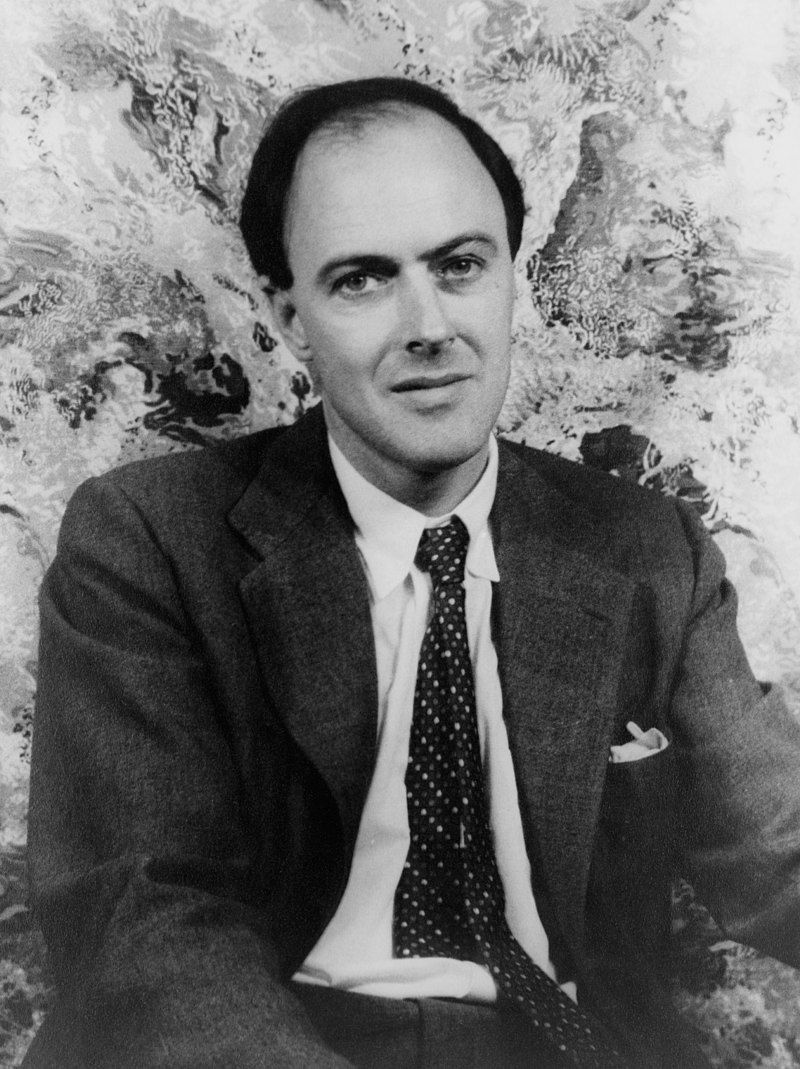
Roald Dahl, beloved author of children’s books, served as a fighter pilot in the Royal Air Force during World War II. While not present on D-Day, his experiences in the air influenced his storytelling, imbuing it with adventure and imagination. Dahl’s military service taught him the value of courage and resilience.
His ability to translate complex emotions into captivating narratives stemmed from his wartime experiences. Dahl’s stories, filled with wonder and wit, continue to inspire readers of all ages, showcasing the transformative power of imagination shaped by real-life events.
John F. Kennedy
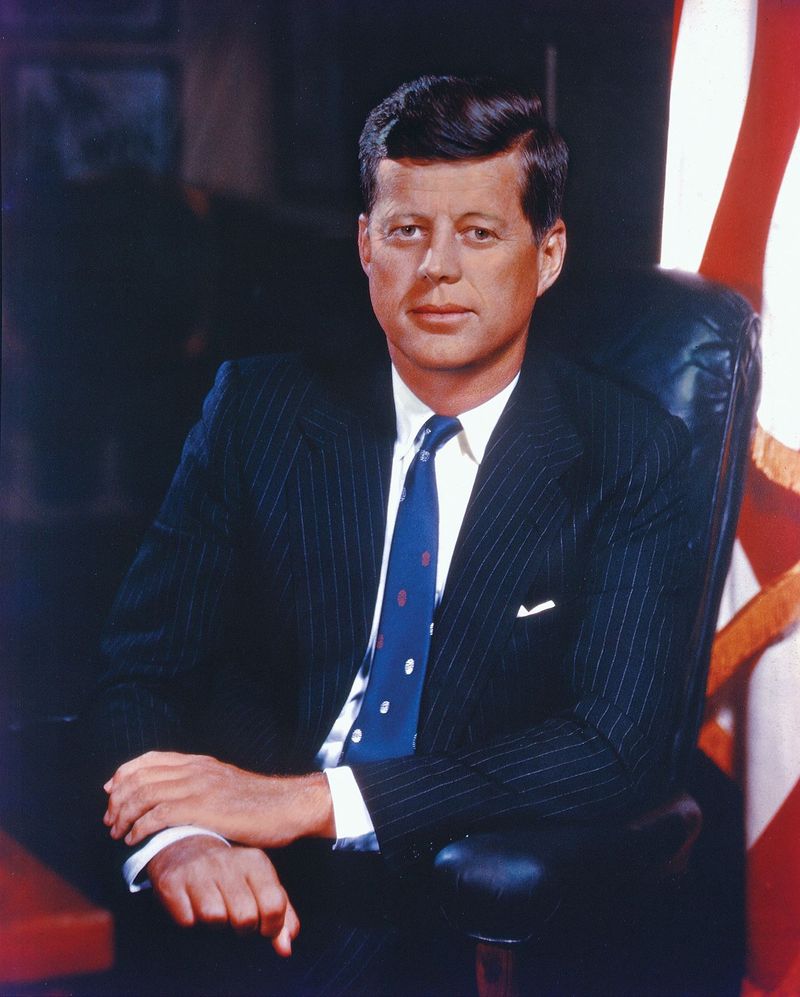
John F. Kennedy, later the 35th President of the United States, served in the U.S. Navy during World War II. Though not part of D-Day, his leadership as a patrol boat commander in the Pacific was notable. His service demonstrated courage and quick thinking, especially during his famous PT-109 incident.
Kennedy’s military experiences shaped his leadership style and political vision, emphasizing courage and service. His presidency, marked by pivotal moments in history, was deeply influenced by the values and skills he developed during the war, leaving a lasting legacy on both domestic and international fronts.
Audie Murphy
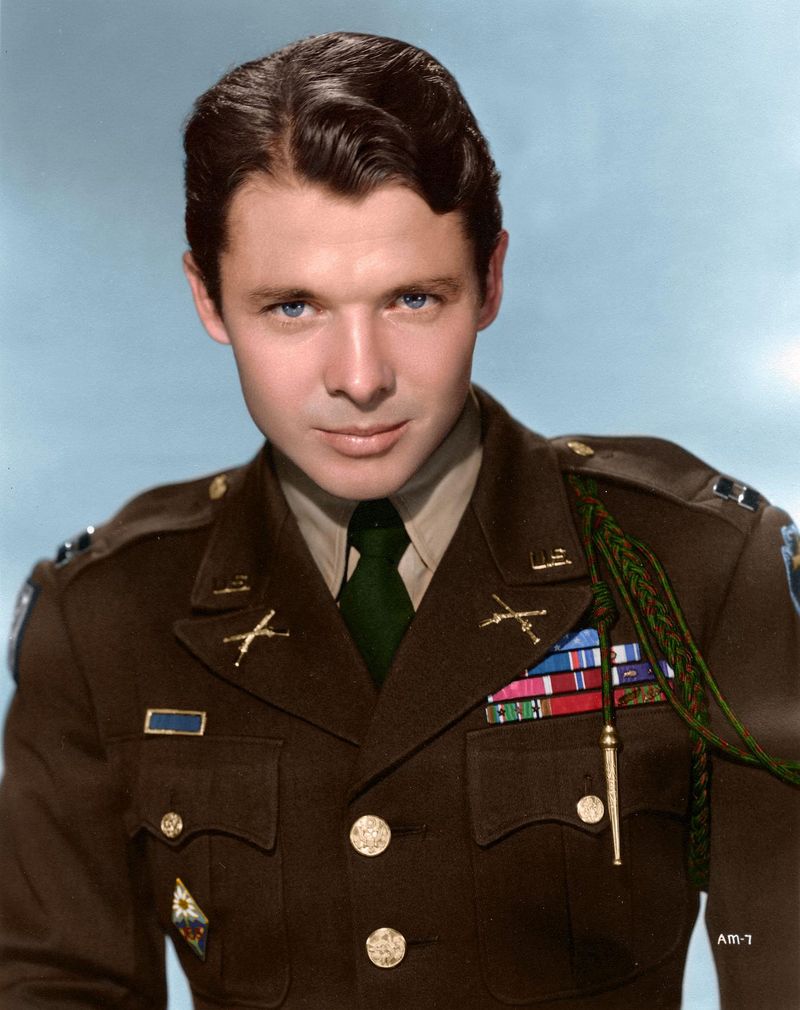
Audie Murphy, one of the most decorated American combat soldiers of World War II, served with remarkable valor. Although not directly involved in D-Day, his actions throughout the war were heroic. Murphy’s bravery and tactical acumen earned him numerous awards, reflecting his extraordinary service.
After the war, Murphy became a successful actor, bringing authenticity to his roles. His life story, from a young soldier to a Hollywood star, exemplifies resilience and determination. Murphy’s legacy continues to inspire, highlighting the profound impact of individual courage and dedication in shaping history.
Jimmy Stewart
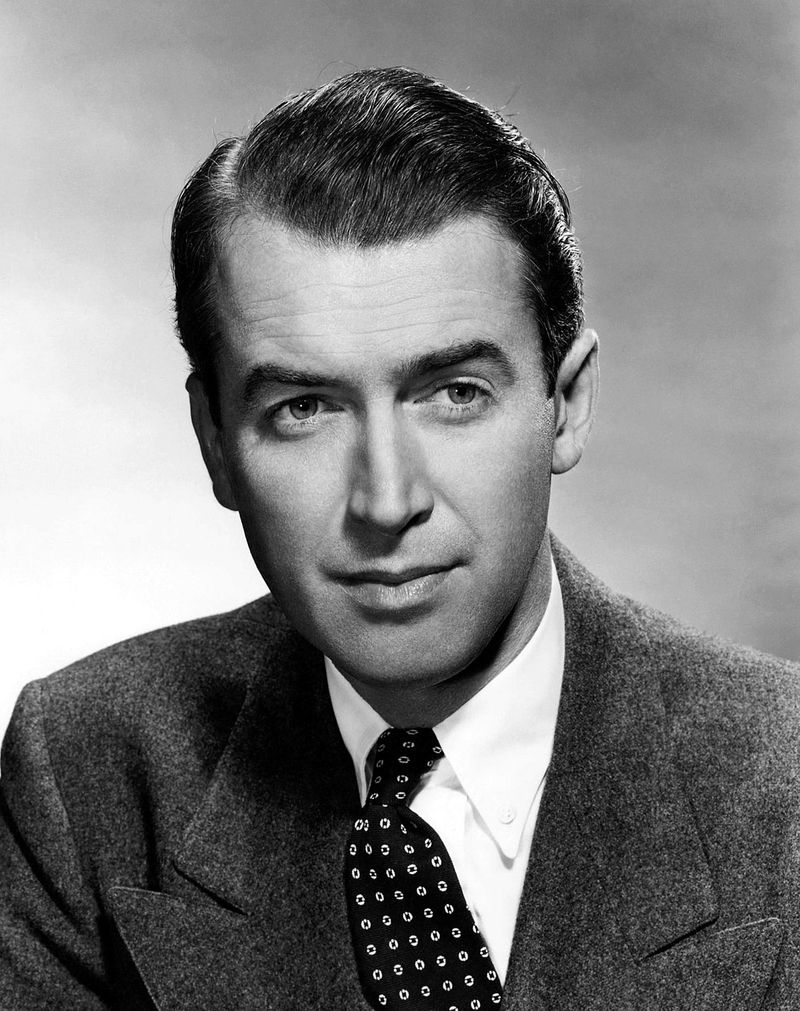
Jimmy Stewart, celebrated actor, served as a bomber pilot in the U.S. Army Air Corps during World War II. Although not on D-Day, his wartime service was distinguished, flying numerous combat missions over Europe. His experiences in the skies added depth to his acting, reflected in his post-war films.
Stewart’s military service instilled a sense of discipline and duty, traits that resonated in his portrayals of American heroes. His dual legacy as a decorated veteran and acclaimed actor remains a testament to his dedication and talent, inspiring generations across both fields.
